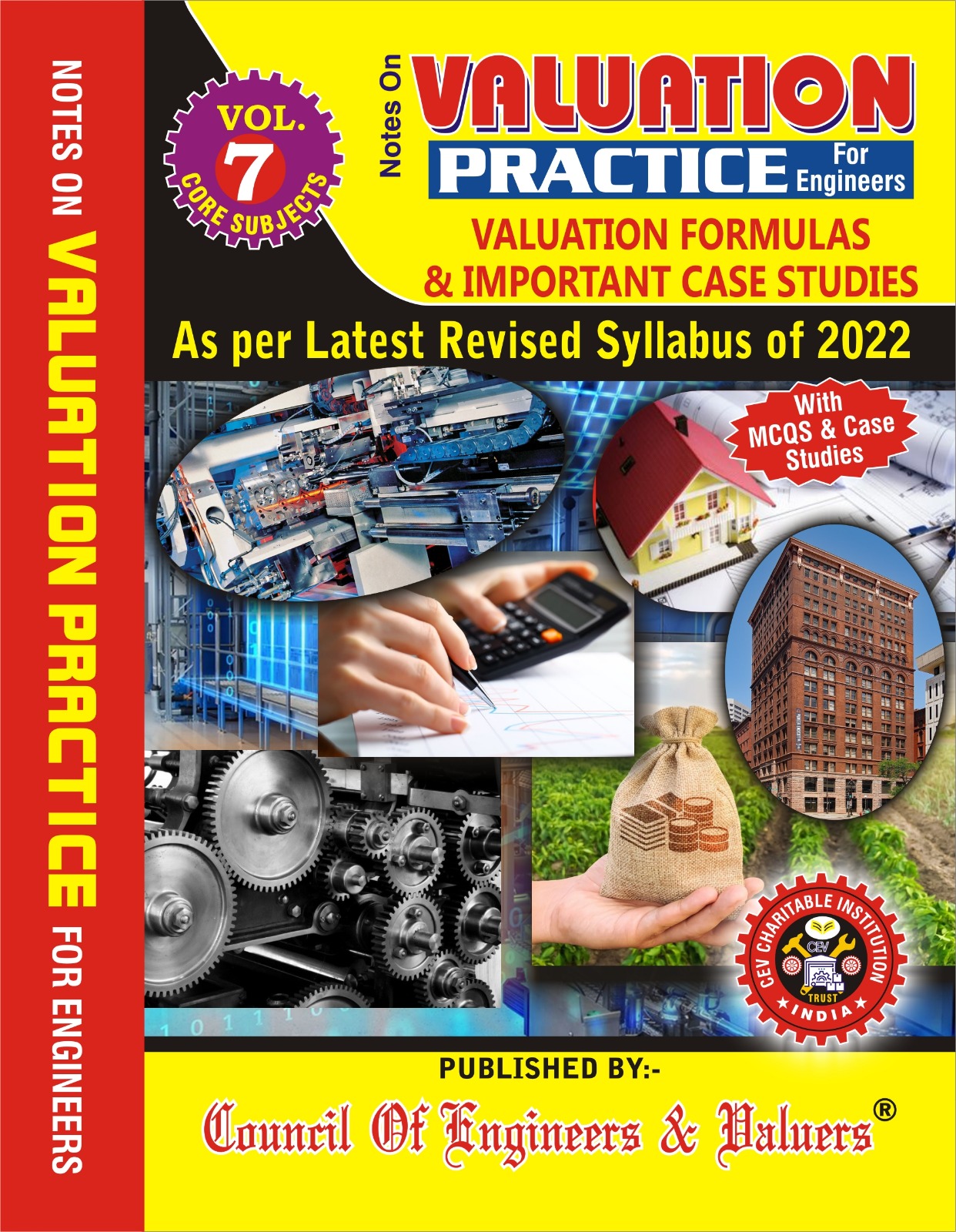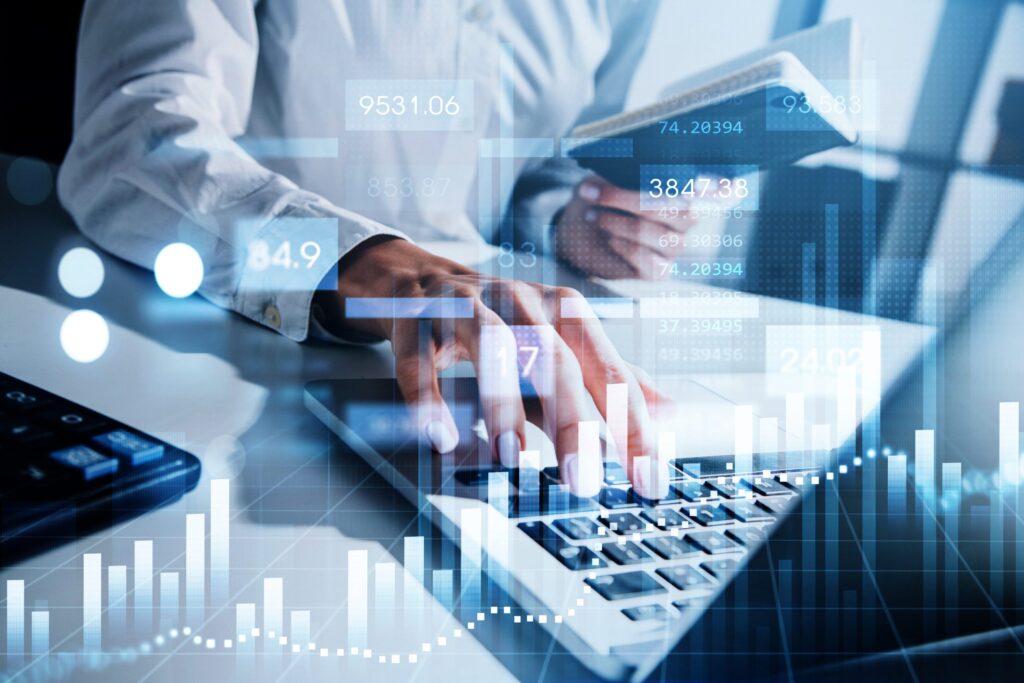Saturday Brain Storming Thought (183) 05/08/2023
BLOCKCHAIN
A blockchain expert is one who works with technology and R & D teams for designing and building solutions to leverage cross-asset concepts and frameworks
He works on emerging technologies and creates performance metrics for measuring blockchain performance
A blockchain expert is one who possesses a deep understanding of the basics of the blockchain, consensus algorithms, blockchain attacks, smart contracts and blockchain use cases
Blockchain Architect
Blockchain Architect is experienced in database architecture and design for creating storage solutions distributed ledgers and database systems
A blockchain architect provides innovative solutions for building and supporting client systems and applications on distributed ledger platforms such as blockchain
Blockchain Developer
A blockchain developer is one who develops blockchain solutions
He is involved in the research, design, development and testing of blockchain technologies
He maintains and extends the current servent and client-side applications which are responsible for integration and business logic
He implements and supports a distributed blockchain network
Core Blockchain Developer
He is responsible for developing and designing the architecture and consensus protocols of a blockchain system
Blockchain Software Developer
He uses the architecture and protocols designed by the core blockchain developer to build decentralised applications
Skills required to enroll as blockchain
1) Blockchain expert certification
2) Blockchain Architect certification
3) Blockchain Developer certification
Roles and Responsibilities of Blockchain Expert
1) designing and sharpening blockchain based business model
2) developing applications in or tools for hyperledger or ethereum using languages
3) focusing on secure coding principles and practices
4) developing and analyzing source code in common programming
5) , using static and dynamic analysis tools to evaluate the software for finding and removing vulnerabilities
What is blockchain
A blockchain is a growing list of data blocks that are linked together
Key features of blockchain
1) write only, immutable transperant data storage
2) decentralised, no need for intermediaries
3) consistent state across all participants
4) resistant against malicious participants
5) open to everyone
Challanges to blockchain
1) energy consumption
2) scalability
3) money laundering
4) personal responsibility
History about blockchain
Blockchains were first introduced in year 2008
It was the mechanism used for Bitcoins
Today blockchain technologies are evolving beyond crypto currencies to become an influence in how every industry conduct business
Instead of using a centralized network, blockchains use a distributed network
Advantages of Blockchain
1) it allows for anonymous transfers of value
2) it provides 24/7 access to your funds
3) it eliminates the need for an intermediary
4) it allows users to be in full control over their information
5) it offers a greater level of transperency
6) it offers a certain level of process integrity
7) it reduces cluster
Disadvantages of Blockchain
1) it is not a technology which is 100% secure
2) it is not at a recognised technology for international value
3) it offers irreversible transactions
4) it can offer very slow transaction time
5) it offers a high cost for access
6) it requires every request to be individually verified
7) it has a uncertain regulatory status
8) it requires a massive amount of energy
9) it offers a variety of languages
10) it offers a virtually unlimited set of crypto currencies
Blockchain wallet users worldwide
Year 2015-2016 : around 50 lakhs
Year 2016-2017 : around 150 lakhs
Year 2017-2018 : around 250 lakhs
Transactions in blockchain technologies
1) A wants to send money to B
2) the transaction is represented online as a block
3) the block is broadcast to every party in the network
4) those in the network approve the transaction is valid
5) the block then can be added to the chain, which provides an indelible and transperant record of transaction
6) money moves from A to B
Bitcoin is the first blockchain application
Blockchain ensures cash like coin passing
Blockchain Terms
1) Airdrop – distribution process
2) Altcoin – cryptocurrency
3) Bitcoin – digital currency
4) DAO – decentralised autonomous organisation
5) dApp – decentralised applications that run without the control of central authority
6) ERC 20 – technical standards
7) Ether – fuel that powers distributed Ethereum network
8) Fiat – government controlled currency
9) ICO – initial coin offering
10) Mainnet – working blockchain product
11) 51% attack – it can be exploited by a group of miners if they control 51% of the hash rate of the whole network
12) DYOR – do your own research
13) FOMO – fear of missing out
14) FUD – fear, uncertainty and doubt
Verticals of Blockchain transformation
1) technology
2) media
3) law and crime
4) transportation
5) governmental services
6) human rights
7) finance
8) contracts
9) entertainment
Leading sectors for blockchains
1) supply chain
2) fintech
3) retail
4) shipping
5) mining
6) healthcare
7) insurance

Compiled by:
Er. Avinash Kulkarni
9822011051
Chartered Engineer, Govt Regd Valuer, IBBI Regd Valuer



